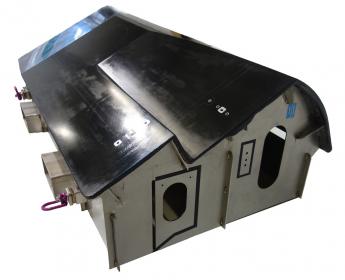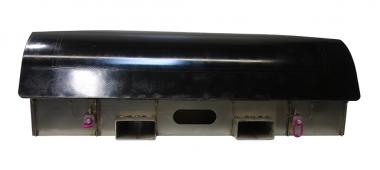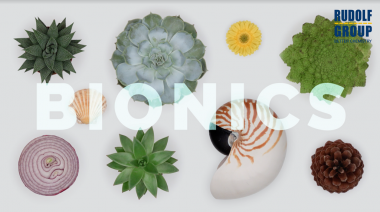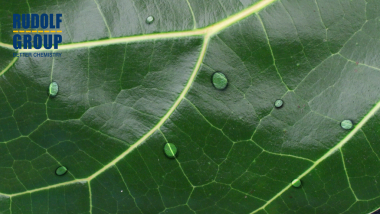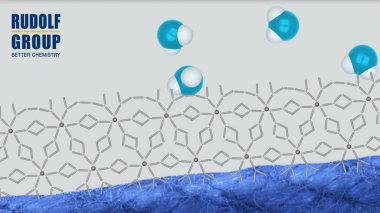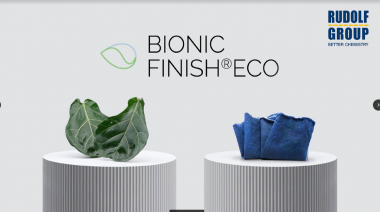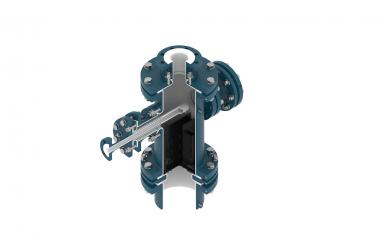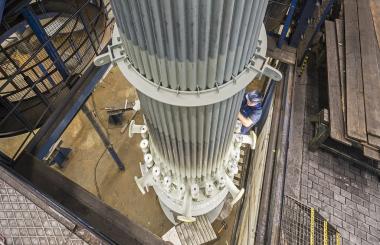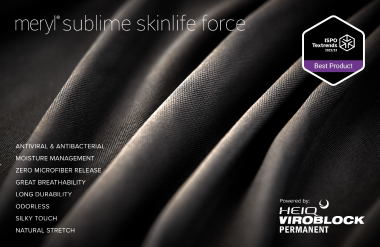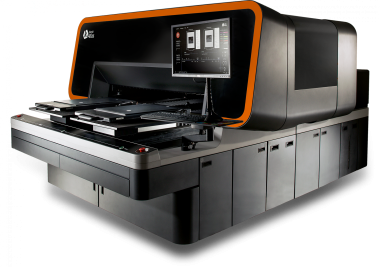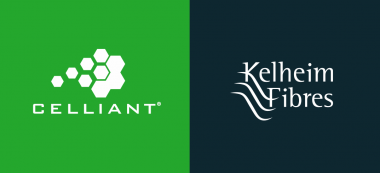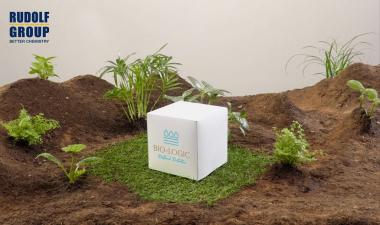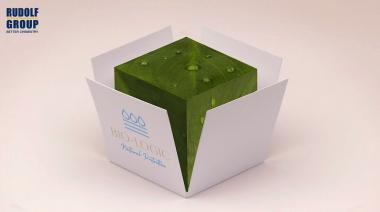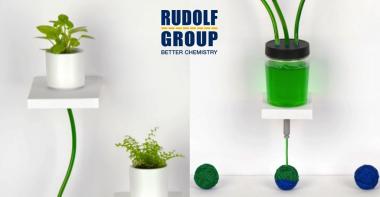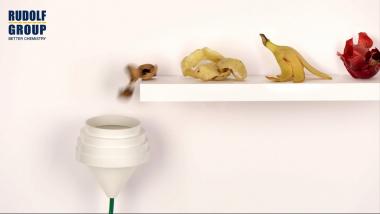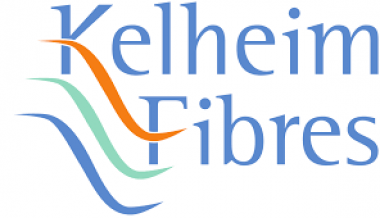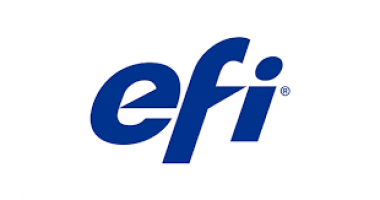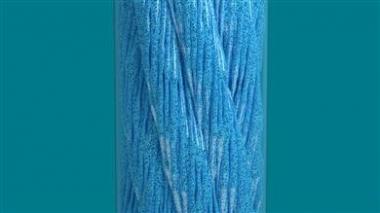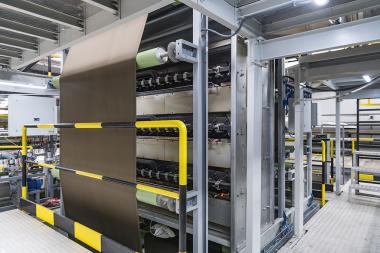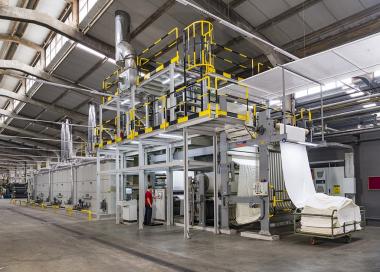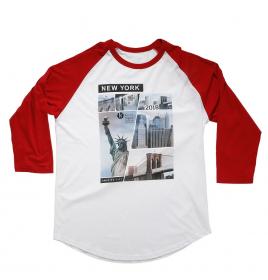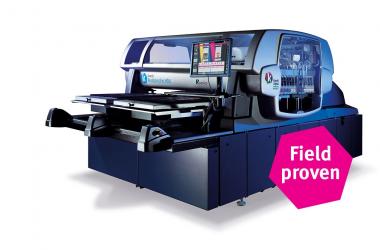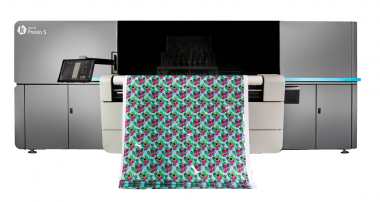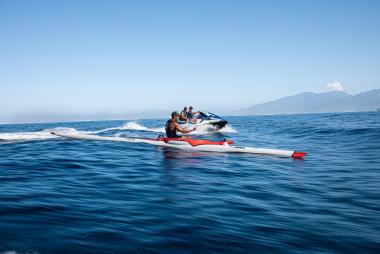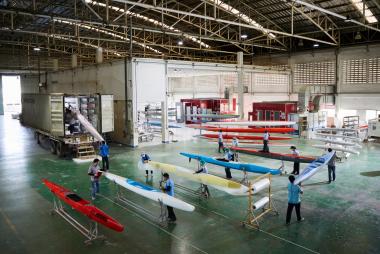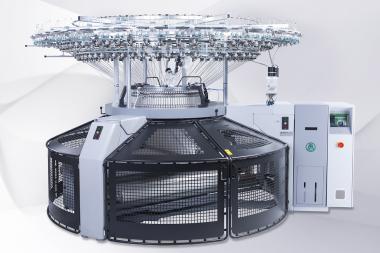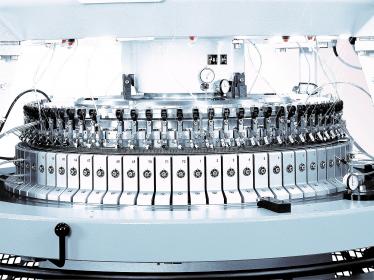Decision SA and Carboman Group Announce New Direct Mould Tooling Technology for Aerospace
Decision SA, part of the leading European composites consortium, Carboman Group, and a specialist in the development, prototyping and production of large composite structures, is proud to announce a new direct mould tooling technology for aerospace. Decision’s latest tooling solution provides OEMs and manufacturers with short lead times for highly stable direct moulds for series production both in and outside of the autoclave at temperatures of up to 180˚C.
Decision and Carboman recently delivered the first customer moulds using the new technology, providing a tooling glass prepreg, stainless-steel backed direct female mould tool created for the series production of a Class 3 fairing to a leading European aerospace OEM. Decision has immediate availability and capacity for similar tooling projects with lead times currently as short as six to eight weeks.
With no traditional plug or mould pattern required, Decision’s direct mould process starts with the group’s engineers selecting a material combination for the tool surface and support structure that will provide the optimum match between the coefficient of thermal expansion (CTE) of the mould and the composite part to be processed. The CNC machined composite face sheet is supported by a stress-relieved metallic or composite backing structure before final post curing and machining is completed. The principal benefit of this novel approach, aside from removing the need for costly and time-consuming plug production, is the production accuracy delivered by the closely matched CTE of the mould tool and the finished composite part.
The autoclaved composite tool surface is not only extremely dimensionally stable up to processing temperatures of 180˚C, but it can also be configured with additional metallic inserts or fixtures if required.
Produced in an EN 9100:2018 controlled production environment, and with CMM checks before and after machining, the new direct composite tools have dimensional tolerances of +/-0.2mm. The available tooling dimensional envelope is currently defined by Decision’s 2200mm x 6000mm autoclave.
“With our new direct tooling technology, we are able to combine the highest technical standards in dimensional accuracy and thermal stability with extremely short lead times. Decision and Carboman Groups’ combined mission has always been to develop the construction methods for tomorrow’s composite structures, and we believe that this tooling solution will allow our customers to accelerate the implementation of the next generation of high-performance carbon fibre aerostructures and components” Grégoire Metz, Managing Director, Decision SA.
Decision SA.


